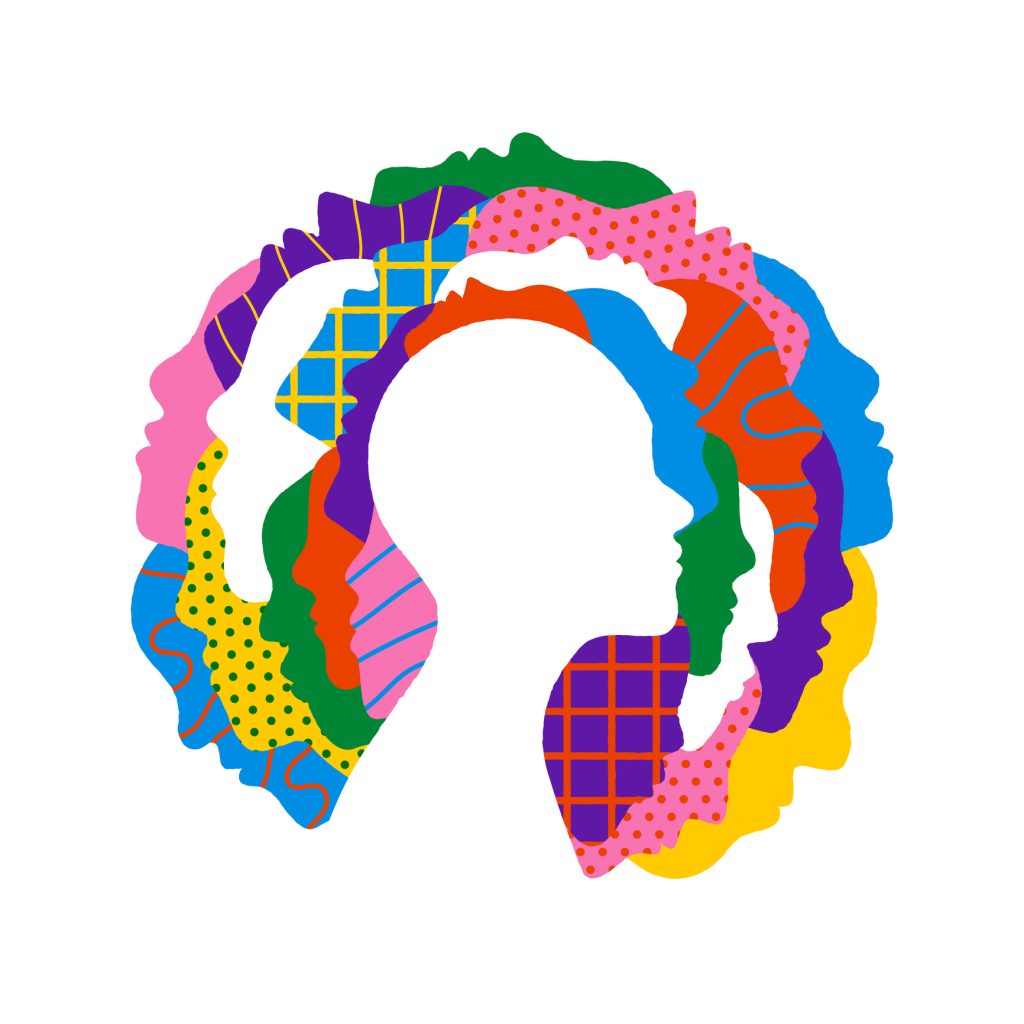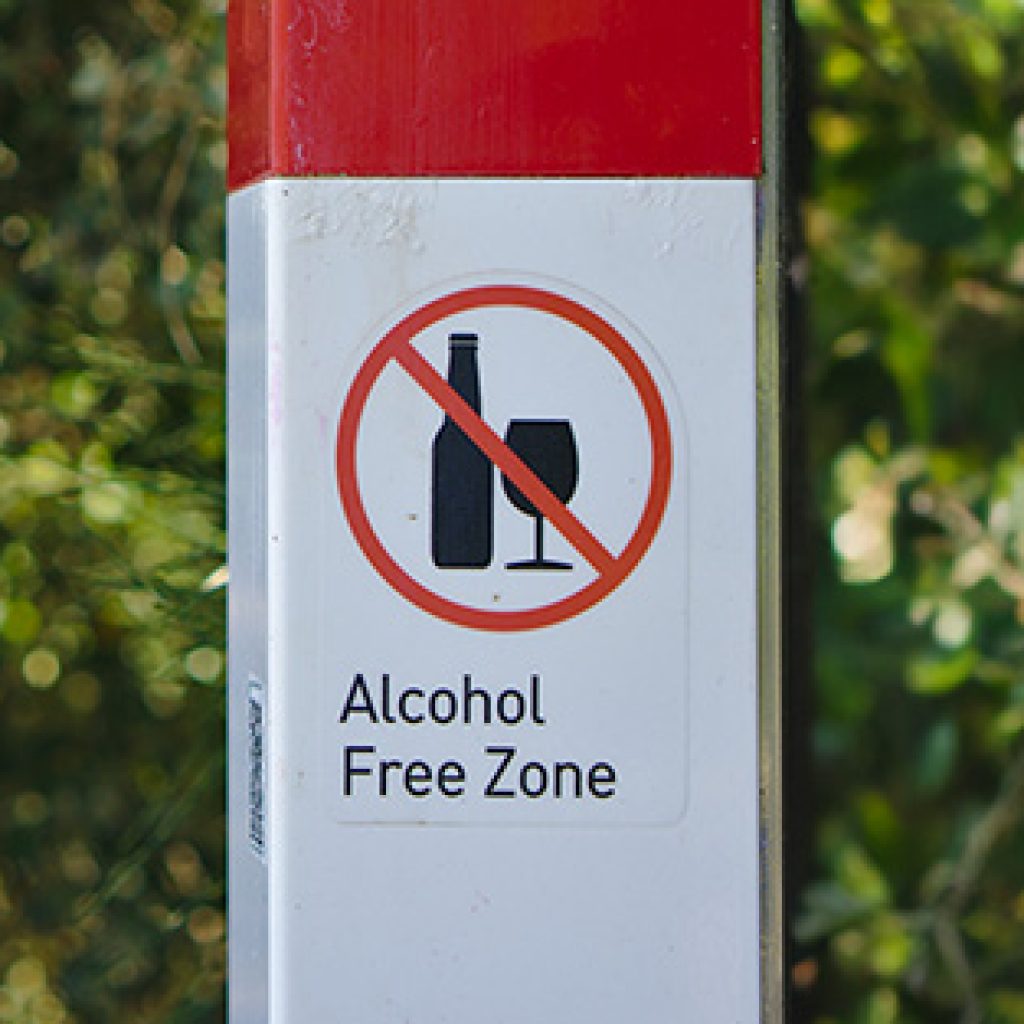The Top 8 Questions Answered About Problem Gambling
The Top 8 Questions Answered About Problem Gambling
The gaming industry continues to grow at an exponential rate. According to the Business Research Company, the global gaming market is expected to grow at an annual rate of 5.9% through the end of this year and reach a total value of $565.4 billion (Kraus, S. W., & Etuk, R., 2021). Kraus & Etuk (2021) explain that problem gambling is considered to be problematic when gambling gets in the way of work, school, or other activities; harms a person’s health (physical or mental), hurts a person financially, damages a person’s reputation, and/or causes relationship problems (with friends or family).
Dr. Joe Grant (n.d.) explains the history of DSM-5 and Gambling.
Problem gambling is characterized as:
- Persistent and recurrent problematic gambling behavior leading to clinically significant impairment or distress, as indicated by the individual exhibiting four (or more) of the following in a 12-month period:
- Needs to gamble with increasing amounts of money in order to achieve the desired excitement.
- Is restless or irritable when attempting to cut down or stop gambling.
- Has made repeated unsuccessful efforts to control, cut back, or stop gambling.
- Is often preoccupied with gambling (e.g., having persistent thoughts of reliving past gambling experiences, handicapping or planning the next venture, thinking of ways to get money with which to gamble).
- Often gambles when feeling distressed (e.g., helpless, guilty, anxious, depressed). (former: gambles as a way of escaping from problems…)
- After losing money gambling, often returns another day to get even (“chasing” one’s losses).
- Lies to conceal the extent of involvement with gambling.
- Has jeopardized or lost a significant relationship, job, or educational or career opportunity because of gambling.
- Relies on others to provide money to relieve desperate financial situations caused by gambling.
- The gambling behavior is not better explained by a manic episode (Grant, n.d.)
Let’s explore 8 important questions related to problem gambling.
- What are the most common types of gaming?
- According to Statista in 2018 (Lock, S., 2021), the most common gaming types of gaming were the lottery (66%), followed by raffle (41%), casino gaming (37%), slots/gaming machine (32%), card games (23%), pull-tabs (21%), bingo (20%), sports (20%), fantasy sports (17%), online wagers (15%), horse or dog race (14%), spinning wheel games (14%), roulette (13%), craps or other dice games (13%).
Most Common Types of Gambling (by Percentage)
- How big is the problem?
- Ninety percent of adults in the United States report that they gamble, and there is an estimated 2-5% of adults in the United States who exhibit a problem with gambling (Kraus, S. W., & Etuk, R., 2021). Within Nevada, 6 percent of the population are estimated to have a problem with gambling which is approximately 184,800 Nevadans (Dassopoulos, A., & Bernhard, B. J., 2020).
- Who develops a problem with gambling?
- Anyone can develop a problem with gambling regardless of their demographics (i.e. age, gender, race, ethnicity, or socio-economic status). Of people seeking treatment in Nevada, single white men, with an average age of 45 years old are the most treated population (Dassopoulos, A., & Bernhard, B. J., 2020).Risk factors for developing a problem with gambling include: recent loss or change in life circumstances (i.e. divorce, job loss, retirement, loss of loved one), history of risk taking or impulsivity, history of financial problems, depression, history of early big win, distorted thinking about odds of winning i.e. luck, traumatic history (PTSD), family history of gambling, and substance use (Kraus, S. W., & Etuk, R., 2021). Within Nevada, the three most commonly identified substances of abuse were nicotine (31.6%) alcohol (19.5%), and methamphetamine (9.6%) use (Dassopoulos, A., & Bernhard, B. J., 2020).
- Are there enough services available?
- Currently, a vast number of people go untreated. In the United States, only 11 % of adults with a gambling disorder seek treatment (Kraus, S. W., & Etuk, R., 2021). Treatment for problem gambling tends to be underfunded, and not enough clinicians or services are available. In the United States, funding for substance abuse treatment is 281 times more than problem gambling treatment services ($17 billion vs. $60.6 million).
- What treatment is available within the State of Nevada?
- Treatment services within the state of Nevada include individual assessment, individual counseling & therapy, group counseling & therapy (outpatient and intensive outpatient), problem gambling psycho-educational group, continuing care group, after-hours crisis intervention, technology-assisted distance counseling and residential treatment programs. Treatment providers can be found by visiting the Nevada Council of Problem Gambling. Within the state of Nevada, a total of 436 residents received program gambling services between July 1, 2019 and June 30, 2020 (FY20). In FY 20, a 23% decline was reported for outpatient treatment enrollments, which has been attributed to the pandemic. Each of the clinics offer telehealth services (Dassopoulos, A., & Bernhard, B. J., 2020).
- What are the biggest barriers to treatment?
- The vast majority (85-90%) of individuals who experience problem gambling do not seek treatment. Possible causes include: denial of a problem, ambivalence about changing behavior, and lack of resources (i.e. health insurance) to access treatment. The biggest barriers to treatment are cost, transportation, or other access barriers (Dassopoulos, A., & Bernhard, B. J., 2020).
- What type of treatment do people experiencing problem gambling find most helpful?
- According to Project Worth, of people who went through treatment, 91% reported better control over the lives after just 30 days of treatment (Nevada Department of Health and Human Services, 2021). Group counseling is cited as being the most helpful aspect of treatment for people who experience problem gambling. Group counseling supported individuals in feeling that they were not alone, and that there were other people who understood what they had been going through. In addition, the group created a sense of accountability, as people reported not wanting to let their peers down. Some clients report not feeling comfortable in a group, so a person-centered approach is recommended. In addition, people who experience problem gambling also reported information and education as being a helpful. Understanding how addiction works was being helpful in gaining confidence to reduce or quit gambling (Dassopoulos, A., & Bernhard, B. J., 2020).
- What is the best way to screen clients/patients?
- Clinicians may not recognize the symptoms of problem gambling, and screening rarely occurs. Kraus & Etuk (2021) argue that screening should take place in primary care offices. There aren’t any biological tests that are able to screen for gambling disorder. The Brief Bio Social Gambling Screen (Gebauer, L., LaBrie, R., & Shaffer, H. J., 2010) is a quick, evidence-based screening tool that can be used by providers. The questions are as follows.
Have you gambled in the past 12 months?
- During the past 12 months, have you become restless irritable or anxious when trying to stop/cut down on gambling?
- During the past 12 months, have you tried to keep your family or friends from knowing how much you gambled?
- During the past 12 months, did you have such financial trouble as a result of your gambling that you had to get help with living expenses from family, friends or welfare?
Any “yes” responses, suggestive of possible problem gambling.
As behavioral health professionals, it is critical to understand how to screen, and support individuals experiencing problem gambling.
Upcoming Training opportunities offered by CASAT Learning include:
A LIVE webinar on Wednesday, January 26, 2022 exploring the important topic of Stress, Coping, and Suicidality in Problem Gamblers
Dr. Rory Reid will be discussing suicidality among problem gamblers and integrate the findings from a recent study looking at this issue among Las Vegas gamblers. Discussion will focus on suicide prevention strategies. The second half of the presentation will talk about stress coping strategies, given so many problem gamblers have experienced additional stressors related to the pandemic (2 CEU’s).
Interested in becoming a Problem Gambling Counselor? Enroll in our 30-hour Problem Gambling Intern Readiness: Self-Paced Online Course consisting of five modules designed specifically individuals who are seeking to learn about problem gambling disorder and treatment. Successful completion of this learning series will satisfy the Nevada State Board of Examiners for Alcohol, Drug and Gambling Counselors requirement for Certified Problem Gambling Intern application.
Your Turn: What questions do you have about problem gambling?
Resources:
Nevada Council on Problem Gambling
National Council on Problem Gambling
Understanding Problem Gambling
Problem Gambling: A Toolkit and Tips for Behavioral Health Professionals
Brief Biosocial Gambling Screen
Additional resources may be found on the CASAT OnDemand Resources & Downloads page.
This article was developed by Heather Haslem, M.S. at CASAT. Feel free to use, link to, or distribute this information. A link to our site and attribution would be much appreciated.
References:
Dassopoulos, A., & Bernhard, B. J. (2020, October 30). Nevada Problem Gambling Study. Nevada Department of Public & Behavior Health. Retrieved January 13, 2022, from https://dpbh.nv.gov/uploadedFiles/dpbh.nv.gov/content/Programs/ProblemGambling/ACPG/UNLV%202020%20Nevada%20Problem%20Gambling%20Services%20Annual%20Report.pdf
Gebauer, L., LaBrie, R., & Shaffer, H. J. (2010). Optimizing DSM-IV-TR classification accuracy: a brief biosocial screen for detecting current gambling disorders among gamblers in the general household population. Canadian Journal of Psychiatry. Revue Canadienne De Psychiatrie,(2), 82-90.
Grant, J. (n.d.). DSM-5 and Gambling . NAADAC. Retrieved January 13, 2022, from https://www.naadac.org/assets/2416/jon_grant_ppt.pdf
Kraus, S. W., & Etuk, R. (2021, July 21). Gambling Disorder . Nevada Department of Public & Behavioral Health . Retrieved January 13, 2022, from https://dpbh.nv.gov/uploadedFiles/dpbhnvgov/content/Programs/ProblemGambling/ACPG/2021_ACPG/UNLV%20IGI%20Program%20Updates%209_16_21.pdf
Lock, S. (2021, June 25). Most common gambling type over the past year in the United States as of November 2018. Statista. Retrieved January 13, 2022, from https://www.statista.com/statistics/1108796/popular-gambling-types-usa/
Nevada Department of Health and Human Services. (2021, September 16). Gambling Addiction or Problem? Find Help with Project Worth Nevada. Project Worth. Retrieved January 13, 2022, from https://www.projectworthnv.org/
Treatment Providers. Nevada Council on Problem Gambling. (n.d.). Retrieved January 13, 2022, from http://www.nevadacouncil.org/wp-content/uploads/2020/10/form-6-entry-12043Treatment-10.29.20.pdf
Suggested Citation:
Haslem, H. A. (2022, January 13). The Top 8 Questions Answered About Problem Gambling. CASAT OnDemand. Retrieved January 13, 2022, from https://casatondemand.org/
Blog Post Tags:
Related Blog Posts
Related Learning Labs
Related Resources
.
- Buscar Tratamiento de Calidad para Trastornos de uso de Sustancia (Finding Quality Treatment for Substance Use Disorders Spanish Version)
- Finding Quality Treatment for Substance Use Disorders
- Focus On Prevention: Strategies and Programs to Prevent Substance Use
- Monthly Variation in Substance Use Initiation Among Full-Time College Students
- The National Survey on Drug Use and Health (NSDUH) Report: Monthly Variation in Substance Use Initiation Among Adolescents








